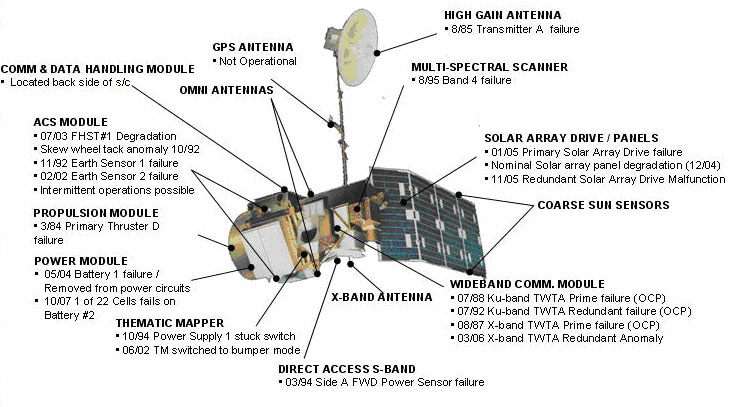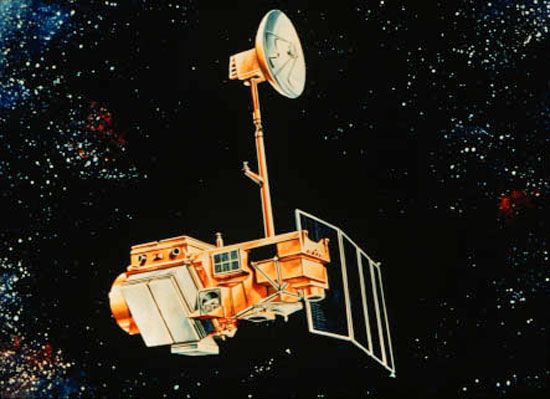ESA Policy News: January 18
Here are some highlights from the latest ESA Policy News by Science Policy Analyst Terence Houston. Read the full Policy News here. BUDGET: BEYOND THE FISCAL CLIFF, SPENDING BATTLES AWAIT As battle lines on both sides are beginning to be drawn, the initial makeup of what will prove to be a highly contentious battle next month over how to raise the…

